Melanie Greenberg – Neuroscience Certificate Course for Clinical Practice, Applying Neuroscience
$300.00 Original price was: $300.00.$113.05Current price is: $113.05.
Available for Pre-Order. This product will be available within a few days.
Melanie Greenberg – Neuroscience Certificate Course for Clinical Practice, Applying Neuroscience
Neuroscience is providing an incredible roadmap to therapists by offering new insights into the connection between biology and mental health.
But knowing how to interpret the complex map neuroscience provides has left many clinicians wondering… How do I unlock the complicated field of neuroscience to guide my client sessions?
In this new, comprehensive certificate training, you’ll see how neuroscience can inform why, how and what techniques can help your clients engage in healthier behaviors while improving their emotion regulation, concentration, and ability to restructure unhelpful thoughts.
Join bestselling author and experienced clinician Melanie Greenberg, Ph.D., for a user-friendly presentation that shows you how you can apply the latest research to your practice.
More than just the neurobiological “whats and whys,” you’ll also learn the “hows” of actual treatment. You will get step by step instruction on how to use neuroscience to inform your practice and take the guess work out of selecting strategies to use with your diverse client population — so you can more efficiently work with conditions such as anxiety, trauma, stress, depression, substance abuse, and more.
Don’t wait to earn your certificate and learn how you can use neuroscience to create unique treatment plans catered to your clients needs…so you can get straight to the heart of the problem and help improve therapeutic outcomes more efficiently.
Discover how understandable explanations of biology and neuroscience can be used to motivate and engage your clients…
Through four comprehensive video modules, Melanie Greenberg, Ph.D., will give you the step-by-step guidance you need to understand the science behind why therapy works and how to connect it to the practical approaches you use with clients in your everyday practice. You’ll learn…
- How the role of the nervous system in mental health disorders impacts the clinician’s choice of therapeutic intervention
- How attachment impacts key brain networks and informs the clinical treatment of affect regulation and mood disorders
- How memory malleability informs the treatment of clients with traumatic memories
- How to engage your clients with understandable explanations of the link between mental health disorders and biology
- How to draw on multiple modalities including Cognitive Therapy, Attachment, Mindfulness Behavioral Activation, and Positive Psychology
- How to employ practical and adaptable tools with top-down, bottom-up, and horizontal methods to use with your clients
- …and so much more
Would you like to receive Melanie Greenberg – Neuroscience Certificate Course for Clinical Practice, Applying Neuroscience ?
Module 1 :
Begin your journey of understanding neuroscience through a foundational understanding of how the brain works. You’ll then take a deep dive into the neurophysiology of the stress response, including the roles of the amygdala, hypothalamus, sympathetic and parasympathetic nervous systems and the effects of cortisol and adrenaline.
The Promise of Neuroplasticity
- Describe neuroplasticity in everyday language to help motivate and engage clients
- “Rewiring” as a metaphor for change
- Create a more resilient brain to combat everyday stressors
The Brain’s Stress Response
- Fight, flight, freeze and how they continue to impact clients even after trauma
- How the triune brain (reptillian, mammalian, human) keeps clients stuck
- How the amygdala acts as the brain’s emergency management system
How the Stress Response is Spread Throughout the Body
- Neurotransmitters — Epinephrine, norepinephrine, and cortisol
- The HPA axis and role of cortisol
- The Sympathetic and parasympathetic nervous systems
- The dorsovagal “freeze” response to unavoidable threat
Long-Term Impact of Adverse Childhood Experiences (ACEs)
- Addictive and unhealthy ways of managing anxiety & negative emotions
- Disease, mental health issues, behavioral problems, PTSD
Module 2 :
In Module 2, you’ll begin to look at how trauma interferes with brain connections. By the end of this module, you’ll understand the differences between acute stress, major life events and chronic stressors, and the long-term effects of chronic stress on mind and body.
You’ll also discover tools and strategies to help you easily explain to your clients what’s happening inside their body, so you can help decrease shame and self-blame.
Traumas Effects on the Brain
- The roles of the amygdala and hippocampus on memory
- What cortisol does to the brain
- Brain-derived neurotrophic factor (BDNF) protein and its connection to PTSD, depression and anxiety disorders
- Impaired anterior cingulate cortex (ACC) and prefrontal cortical function
- Cognitive rigidity and inability to take in new information
- Changes in sense of self and dissociation
Explaining Neuroscience to Clients
- Using drawings and images
- Individualizing the type of difficulty (e.g. disengaged vs reactive, different brain areas)
- Help client label & recognize what’s happening (e.g. freeze, flooding, negative thinking, rigidity, impulsivity)
- Find coping strategies for each type of brain difficulty
Module 3 :
Begin Module 3 by exploring specific trauma therapies and how they impact the function of the brain and body. You’ll then learn how stress and anxiety travel through the body, and discover tools you can use to help calm and support regulation.
Trauma Therapies and How They Work with the Body
- EMDR
- Prolonged Exposure Therapy
- Somatic Experiencing
- Cognitive Processing Therapy
- Medications supported for PTSD
Stress-Proofing the Brain
- The two pathways anxiety can travel through the brain
- How the amygdala and cortex generate anxiety
- Cortical-based strategies for worry
- Tools for calming the reaction of the amygdala: Grounding, mindfulness, self-compassion, and perceiving control
Grounding Strategies for Clients with Trauma or Attachment Injury
- How to use relaxation, breathing, present-moment focus, soothing with the senses, pets, drawing, gardening, and walking
- Left-brain strategies — task focus and engagement
Module 4 :
In the final module, you’ll learn practical strategies to implement mindfulness and self-compassion techniques in practice. You’ll also learn how these techniques affect the brain to help clients become more cognitively flexible in the face of stress.
Mindfulness Strategies
- Qualities of mindfulness states
- Observing and accepting inner experience (thoughts, feelings, sensations)
- De-fusing from negative thoughts and self-images
- Application to anxiety, depression, addictions and PTSD
Self-Compassion Strategies
- Application to depression, anxiety, stress-management, trauma, insecure attachment
- Practices you can use in session — Metta meditation, soften, soothe and allow, dialogues with inner critic
Cognitive Strategies
- How stress and anxiety narrow attention, create cognitive rigidity
- Worry and rumination cycles — their link to the prefrontal cortex and default mode network
- How to use metaphors (monsters on the boat, bouncy ball underwater)
Creating Positive States of Mind to Counter Stress
- How our brains are wired to worry
- How to use positive emotions to promote physiological recovery from anxiety and fear
Be the first to review “Melanie Greenberg – Neuroscience Certificate Course for Clinical Practice, Applying Neuroscience” Cancel reply
Related products
Health & Medical
Health & Medical
Health & Medical
N. Bradley Keele – Psychopharmacology Update – Medications, the Brain, and Behavior
Health & Medical
Malka Stromer – Point of Care Ultrasound Course – Diagnose the Critical Issues Faster!
Health & Medical
Kate Freeman – Heart Of Releasing – Masters for Daily Releasing



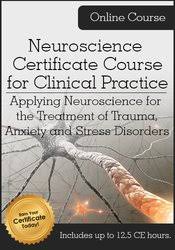



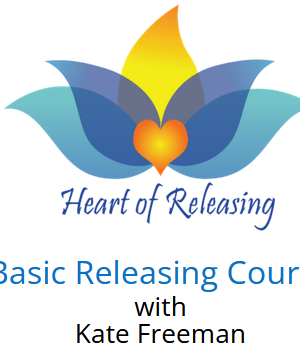
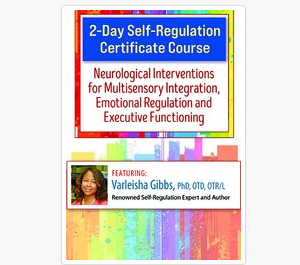
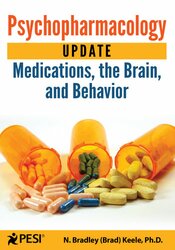
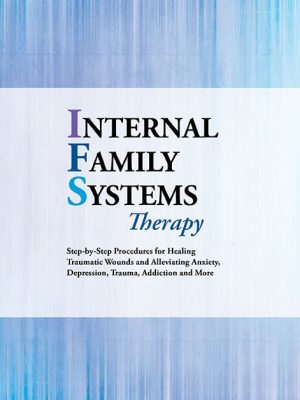
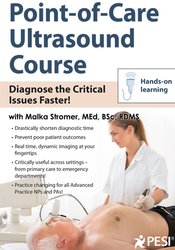

Reviews
There are no reviews yet.